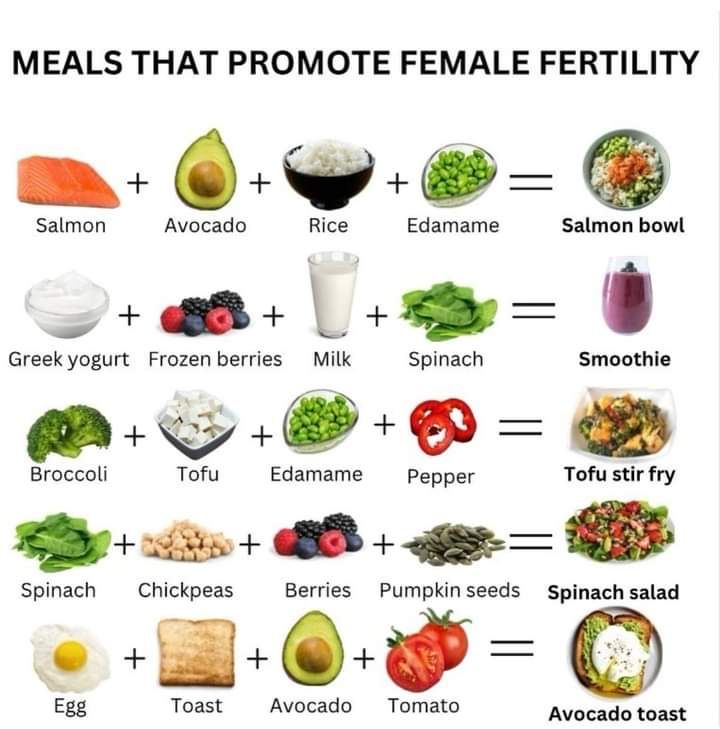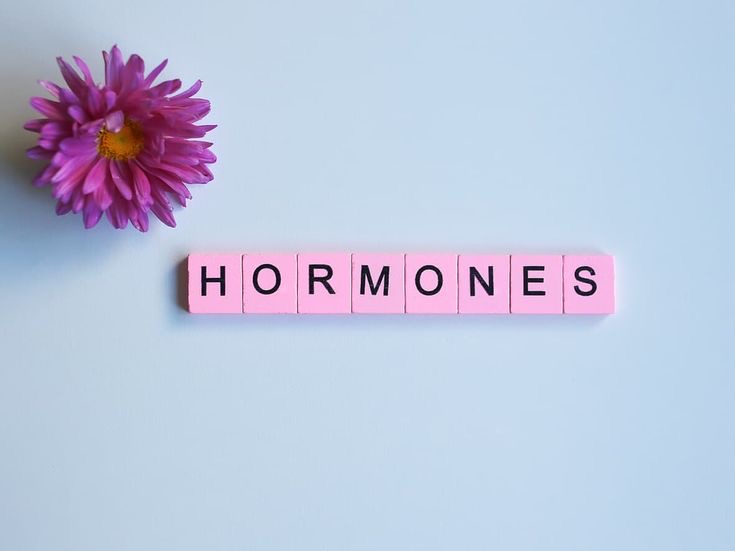Fertility struggles can be a deeply emotional and often frustrating journey. Whether you’re just starting to try for a baby or have been on the path for a while, it’s natural to seek ways to improve your chances. While many factors affect fertility, one of the most powerful and often overlooked is nutrition. What you eat can directly influence your reproductive health, hormone balance, and overall well-being.
The good news is that with intentional dietary choices, you can create the right environment in your body for conception to happen naturally.

Your fertility is influenced by a delicate balance of hormones, organ function, and overall health. The foods you consume play a significant role in:
- Regulating hormones like estrogen and progesterone.
- Improving egg and sperm quality.
- Reducing inflammation that can affect reproductive organs.
- Balancing blood sugar levels for better ovulation cycles.
Scientific studies have shown that nutrient-rich diets can boost fertility for both men and women. Couples following balanced, whole-food-based eating plans often see improvements in reproductive health and pregnancy outcomes.

If you want to increase your fertility naturally, here are nutritional strategies and food choices to incorporate into your daily life:
1. Load Up on Antioxidant-Rich Foods
Antioxidants like vitamins C, E, and beta-carotene help protect reproductive cells from oxidative stress; which can damage eggs and sperm.
Examples: Berries, citrus fruits, spinach, kale, bell peppers, and carrots.
2. Choose Healthy Fats
Good fats help with hormone production and regulation. Omega-3 fatty acids, in particular, are linked to improved egg quality and reduced inflammation.
Examples: Avocados, olive oil, walnuts, chia seeds, flaxseeds, and oily fish like salmon and sardines.
3. Prioritize Lean Protein
Protein is vital for hormone synthesis and cell repair. Aim for a mix of animal and plant-based sources.
Examples: Chicken, turkey, eggs, lentils, beans, tofu, and Greek yogurt.
4. Opt for Complex Carbohydrates
Whole grains release energy slowly, keeping your blood sugar stable and supporting regular ovulation.
Examples: Brown rice, quinoa, oats, and whole wheat bread.
5. Don’t Skip Folate-Rich Foods
Folate (Vitamin B9) is crucial for DNA formation in new cells – including reproductive cells. It also reduces the risk of birth defects.
Examples: Dark leafy greens, broccoli, asparagus, and fortified whole grains.
6. Stay Hydrated
Water supports cervical mucus production, which helps sperm reach the egg. Aim for at least 2–3 liters daily.
7. Limit Processed Foods & Sugar
Refined sugars and processed foods can disrupt hormone balance, cause inflammation, and affect weight; all of which impact fertility.

Start small – you don’t need to overhaul your entire diet overnight. Begin by:
- Adding one serving of leafy greens to your lunch daily.
- Replacing sugary drinks with water or herbal tea.
- Swapping refined grains for whole grains.
- Including one omega-3-rich food in your meals three times a week.
If you need personalized guidance, Dafcare Pharmacy’s wellness team offers expert advice, fertility-support supplements, and lifestyle tips to support your reproductive health naturally.
Fertility is a whole-body process, and nutrition plays a vital role in preparing your body for conception. By nourishing yourself with the right foods, you not only boost your reproductive health but also set the foundation for a healthier pregnancy.
Visit Dafcare Pharmacy today to explore fertility-support supplements and speak with our team about a tailored wellness plan. Your fertility journey doesn’t have to be a guessing game – take control with the power of nutrition


